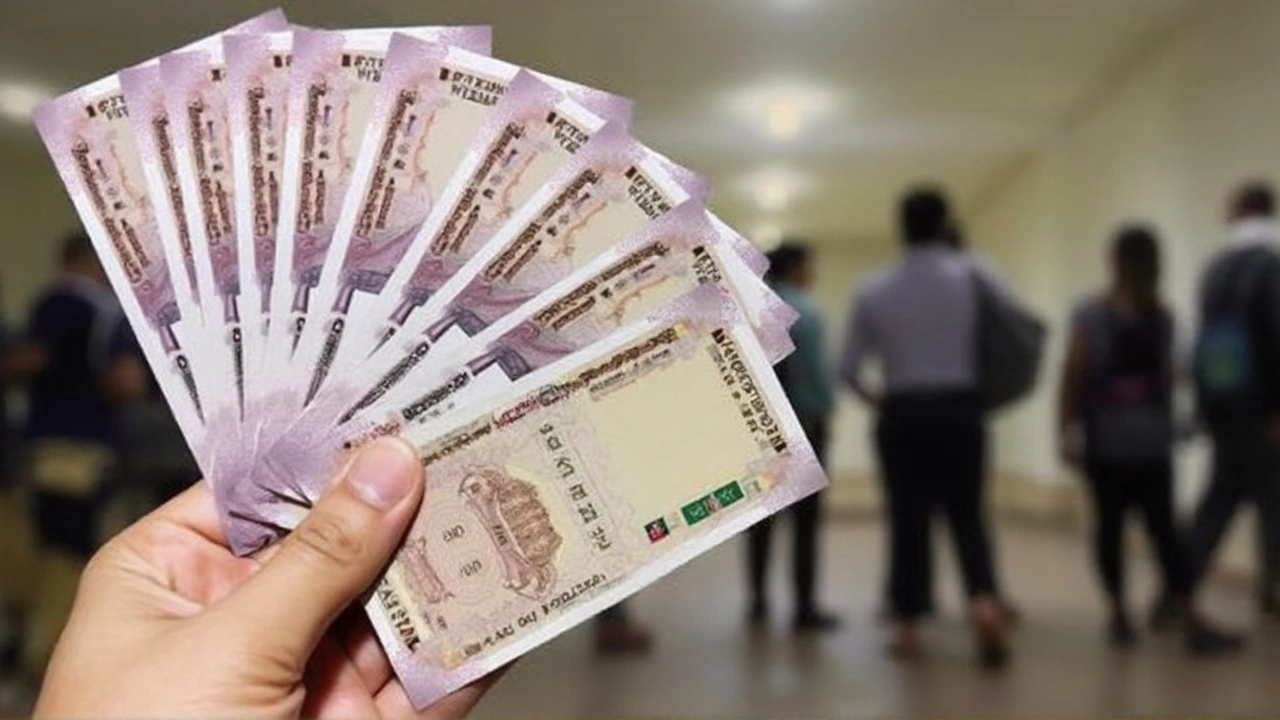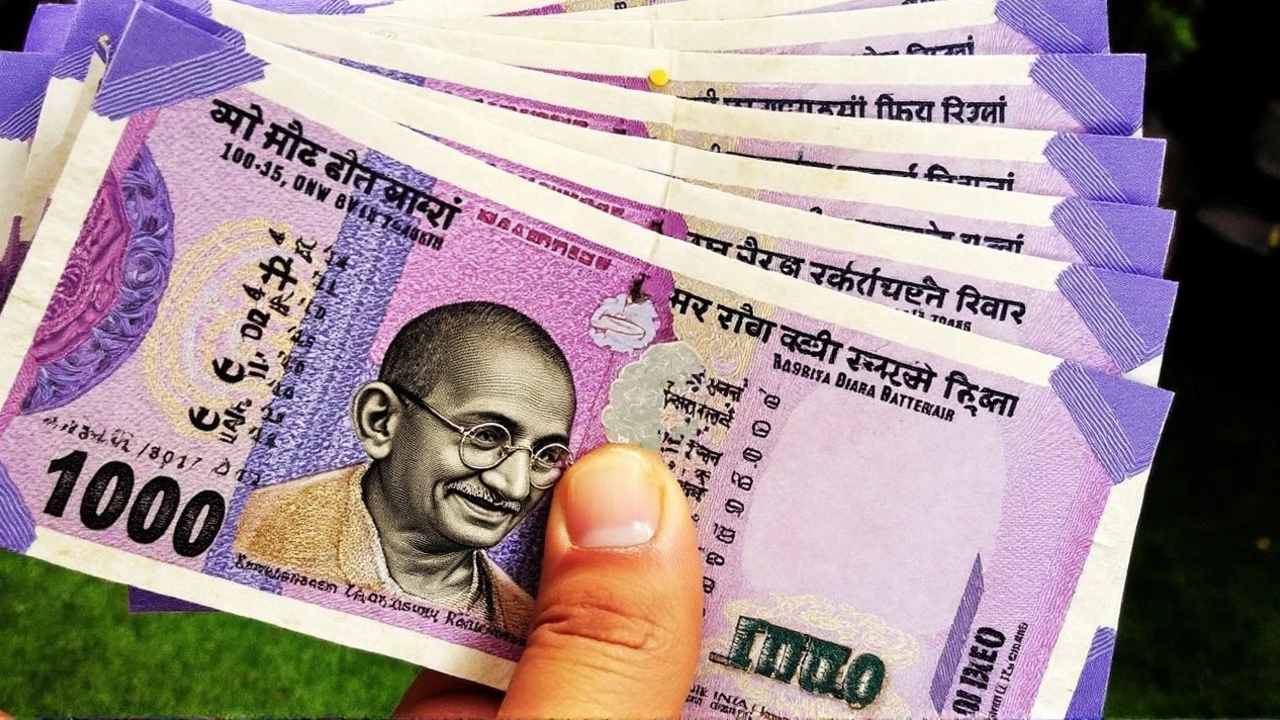Indian States Struggle With Lottery Laws as Goa Unveils First Official Online Platform

India's Lottery Laws: A Patchwork of State Decisions
If you think buying a lottery ticket in India is just about luck, think again. The country’s lottery scene is a tangled web because the laws change depending on where you live. Some states have embraced the business, seeing it as a source of public revenue. Others pull the plug for fear of gambling addiction and social problems.
Out of 28 Indian states, only 13 officially allow government-run lotteries. The permitted states run tightly regulated systems, but the rest, including Tamil Nadu, Karnataka, and Kerala, take a hard line and have banned all forms of state lottery sales. These bans often stem from worries about how gambling can impact struggling families or fuel organized crime. The Supreme Court chimed in on the debate back in 2015, making it crystal clear: states get to call the shots, and nobody has a fundamental right to play or run the lottery.
But the bans don't mean lotteries disappear. Underground lottery networks persist, and police often break up illegal draws—especially in states that crack down the hardest. If you check recent news from Tamil Nadu, police are routinely making arrests for illegal lottery operations, showing just how tricky enforcement can be. Money keeps flowing through the black market, making it a constant game of whack-a-mole between authorities and operators.

Goa Bets on Digital, But Challenges Linger
Amid this patchwork, Goa has stepped out in front. The state’s Directorate of Small Savings and Lotteries just launched the Great Goa Games (GGG), becoming the first place in India to offer a fully government-approved online lottery. This marks a leap from grubby paper slips at street stalls to secure online tickets. Security features have been given top billing, with every ticket and transaction tracked to fight both fraud and minors’ access to gambling.
The GGG platform represents more than just a digital upgrade. It signals a shift toward transparency and openness. Every game is supervised by the authorities, and winners are paid directly into their bank accounts, reducing both cash handling and the temptation for cheating. Goa hopes this move will bring back lottery enthusiasts who were either reluctant to buy paper tickets or tempted by illegal sellers promising bigger winnings. The hope is also that a regulated online platform will mean better odds for players and more predictable tax revenue for the government.
Not all states are likely to follow. Some, like Sikkim, run their own state-authorized lotteries—often with a tech-savvy approach. Maharashtra and Nagaland also keep their lotteries legal but under strict rules on ticket sales and marketing. Each of these states tries to strike a balance: earn revenue while dodging the pitfalls of gambling-related social problems.
Confusion swirls around what can be called a ‘game of skill’ versus a ‘game of chance’. Skill-based contests—like fantasy sports—are usually allowed, while pure chance games like lotteries face tight borders. This blurry line leads to court challenges and endless arguments among lawmakers and gaming companies about what counts as chance.
Even while states tighten the screws or embrace new models, the rest of the world is just a click away. International lotteries such as Powerball or Euro Millions are openly advertised online, and people in India can access them via websites like Lottofy. However, it’s a legal grey area: state law decides whether you’re allowed to play, and enforcement is patchy at best. Those looking for a taste of international luck are really rolling the dice—not just with their winnings, but with the law.
As things stand, India's lottery system is a jumble of official oversight, innovation, and underground hustle. States like Goa are blazing a trail, but for every new online lottery launch, there are just as many closed doors and back alley sellers. For the millions who still dream of a big win, it all depends on where you live—and how willing you are to play by the rules, or skirt around them.